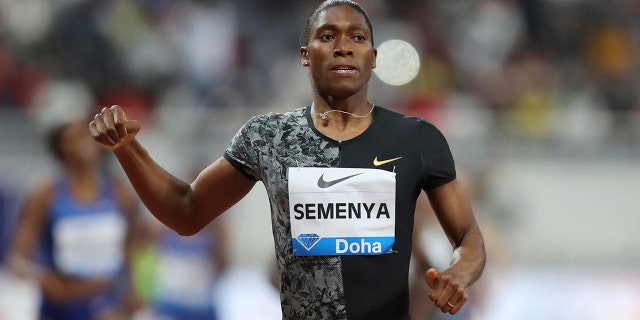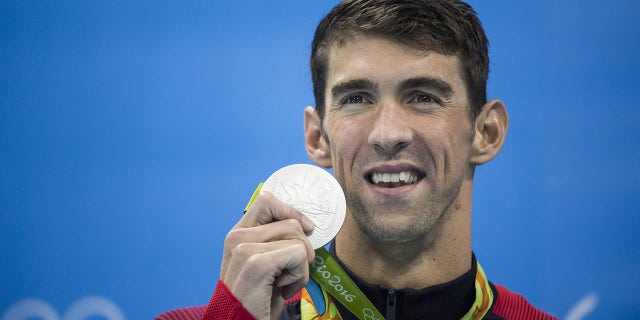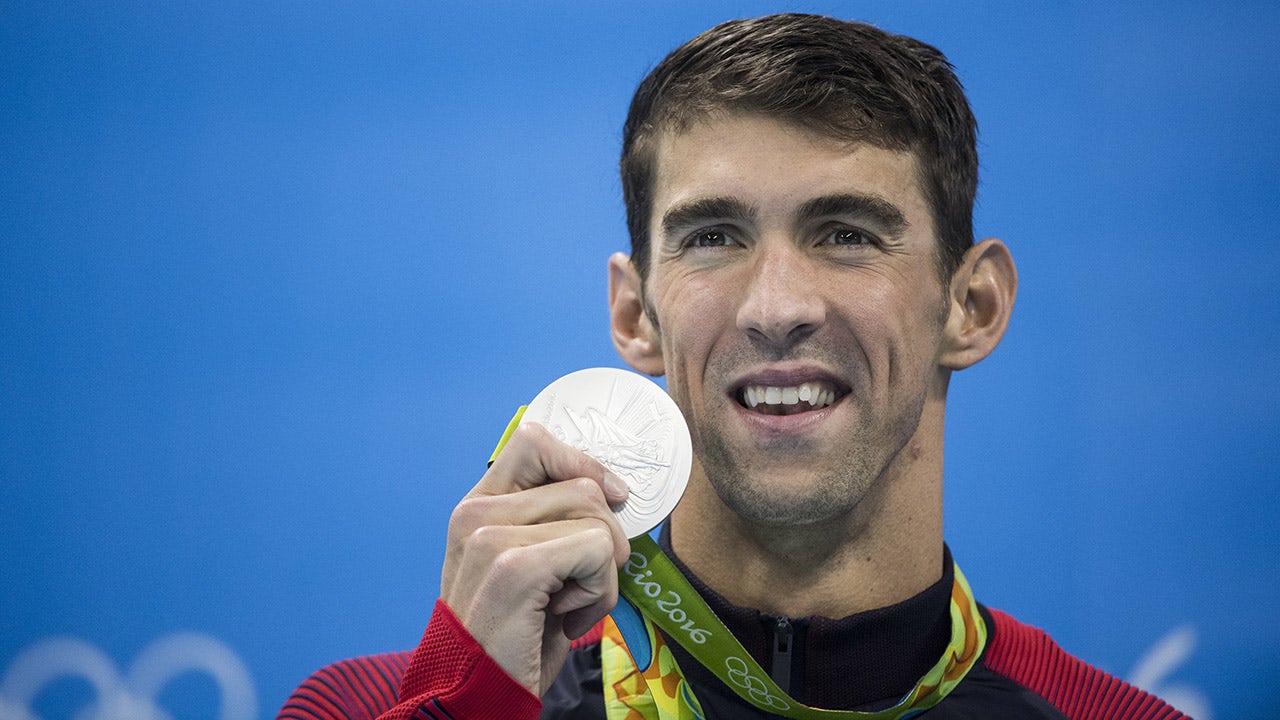Schuyler Bailar, the first openly transgender NCAA athlete to swim for the Harvard University men’s team during the 2018-19 season, dismissed the argument that transgender athletes have an advantage over biological women when it comes to sports.
Bailar hosted former University of Pennsylvania swimmer Lia Thomas on her «Dear Schuyler» podcast Monday and in her closing monologue argued that the talk of biological differences in sports when it comes to men is celebrated but when it comes to of women and transgender women is monitored and legislated. Bailar used Michael Phelps and Caster Semenya as examples.
«And I know, most people will go straight to the ‘biological advantage’ argument, saying that some supposed biological advantage makes it unfair for trans women to compete with other women. But let’s consider a few points. Biological diversity exists in «everywhere in sports, in every demographic of people and every demographic of women. That’s kind of what sports are built on. I mean, if all bodies were exactly the same, there would be no competition,» Bailar said. «Sports depends on the fact that bodies are different and perform differently. When there are those differences in the men’s category, most people don’t care. In fact, they praise those differences.»
CLICK HERE FOR MORE SPORTS COVERAGE ON FOXNEWS.COM
Schuyler Bailar speaks onstage during Youth Pride at Rumsey Playfield, Central Park on June 25, 2022 in New York City. (Roy Rochlin/Getty Images)
«Let’s look at Michael Phelps, the winningest Olympian of all time. You probably know who he is. He’s super tall. He has a very long torso and a very wide wingspan, all specific advantages in swimming. He also produces half the levels of lactic acid than the average athlete. Not the average person, the average athlete. And all of these things give him a great biological advantage. But his biological differences are celebrated. When they look at him, they go, ‘Wow, what an amazing biological anomaly. Does it have biological advantages? Absolutely. But do people say that’s disqualifying? ‘Oh, Michael Phelps is too tall’ or ‘wingspan is too long’ or ‘his lactic acid is too low, therefore we must disqualify him.’ No, people don’t do that. They let him have his body as it is.»
World Athletics in March decided to ban athletes who have transitioned from male to female and have gone through male puberty. The organization also listed rules for athletes with differences in sexual development, including Semenya. The Olympic champion runner will have to undergo hormone suppression therapy for six months before she can compete again.
LIA THOMAS CALLS OUT ‘ANTI-FEMINISTS’ FOR DRIVING ‘TRANSPHOBIC BELIEFS’, SHOWING ‘HALF SUPPORT’ OF TRANS WOMEN

Schuyler Bailar speaks onstage at the Rally For Abortion Justice on October 2, 2021 in Washington, DC (Leigh Vogel/Getty Images for Women’s March)
«On the other hand, let’s look at the category of women. Maybe Caster Semenya, as a black, queer, cisgender, non-transgender woman, who is also intersex,» Bailar said. «She’s an Olympic champion. But when she won, people accused her of being too masculine and demanded that her body be examined. When they found out she was intersex, they put in place rules that made her have to change her testosterone in order to be able to. The most recent rules require to undergo six months of hormone suppression before being allowed to compete internationally.
«Michael Phelps is allowed to keep his body as it is and is, in fact, celebrated for all of its biological advantages. But Caster Semenya and other women like her are excluded. This also extends to transgender women. When a trans woman is different, it’s immediately called unfair. But the reality is that there are so many women who can be «too tall,» «too strong,» or «too fast,» so this debate isn’t really about justice. excluding transgender women means you actually have to know which ones are trans and that effort requires you to police the entire category of women, which means you police all women.The legal forces to police women’s bodies in sport they will destroy the category of women. Not the inclusion of transgender women.»
OLYMPIAN SAYS IT’S ‘UNFAIR’ TRANSGENDER RUNNER TO BEAT WOMEN IN MARATHON AFTER COMPETING AS MEN IN THE PAST

South Africa’s Caster Semenya crosses the line to win gold in the women’s 800m final during the Diamond League in Doha, Qatar on May 3, 2019. (AP Photo/Kamran Jebreili, File)
While a similar comment was made when comparing Phelps and Semenya in a 2019 op-ed, one of Phelps’ team doctors spoke to The Scientific American in 2008 about the alleged advantages Phelps had in the pool compared to others. swimmers.
«When someone does something statistically impressive, like winning eight gold medals like Phelps, we try to think of some crazy reason for it, like he or she has to have some weird physiological adaptation or weird anatomy. But most things that measured in humans are within predictable ranges,» Weiner said.
He said height doesn’t exactly gain an advantage in the pool, noting that, at the time, Japan’s Kosuke Kitajima won the 100 and 200-meter breaststroke at 5-foot-8, while Matt Grevers was 6-foot-8 with «proportionate» arms. «. to a guy who’s 7 feet tall», but he didn’t do as well as Phelps.
Weiner instead attributed Phelps’ success to «locomotive genius».

Victorious Michael Phelps with the medal during the presentation ceremony after the men’s 100m butterfly final at the Olympic Aquatics Center. Phelps, Laszlo, le Clos tie for Silver. Rio de Janeiro. (Donald Miralle/Sports Illustrated via Getty Images)
CLICK HERE TO GET THE FOX NEWS APP
«This is when swimmers get that feeling of moving the water around them and how much water they’re displacing. By analogy, think of someone stroking a backhand in tennis who seems to know better (than other tennis players) where the ball». it will go,” she said. «It was said that Mark Spitz had anatomical advantages. (Spitz) and I swam in the same events, even though he swam much faster. But it wasn’t like he had six fingers. It’s said that almost everyone who succeeds (in the sports) have some unusual property, although I have not seen this confirmed.»

